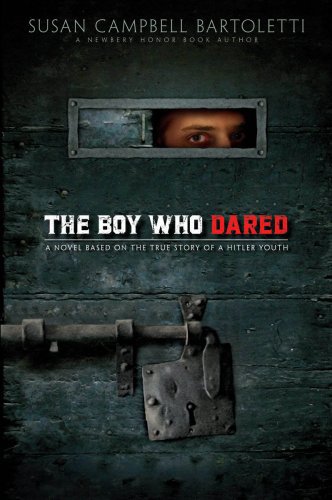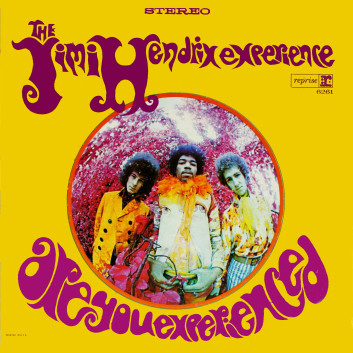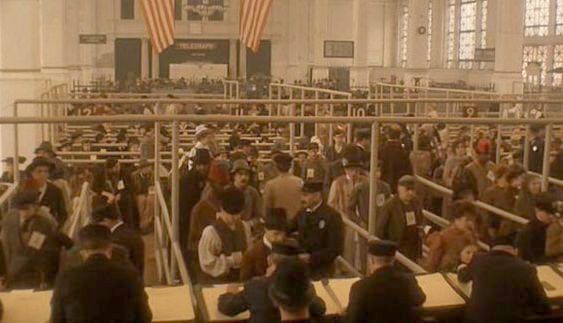This book is about Nazi Germany. Cliche right? Except that this book offers a completely

different view on this traumatic time in history. Rather than a sensationalized story about the masses. This offers one boy. One boy who shows us that you can stand against the crowd and be true to yourself and what you believe.
“The executioner works on Tuesdays.”
The first paragraph sets the mood for this historical fiction which will haunt you. It is based on the life of Helmuth Guddat Hubner.
Helmuth was a member of the Hitler Youth. The story begins on day 264 of Helmuth’s imprisonment by the Nazis. In a cold prison cell he reflects on his past while waiting to find out if he has a future — or if he will be put to death for being “an enemy of the state.
Helmuth then through memories tells us the story of what led him to be the “enemy of the state”.
This book has no chapters. Some research tells me this could be because Campbell Bartoletti has taken one chapter of her book Hitler Youth, and has fleshed out his character to tell the story of A Boy Who Dared. Either way, the lack of chapters helps the reader to speed through this book, unable to take it down. Interestingly the way that this book is easy to devour also could relate to the parallels that it draws with Helmuth’s life, we must finish before it runs out.
This is not a happy book. It is dark and haunted. The book flips between Helmuth’s memories leading up to why he is in jail and the present. In both time frames though the voice of the narrator is consistent and honest. You would be hard pressed to not like Helmuth and not feel something towards him as he struggles to stay true to himself in a world that demands conformity.
For me the strongest thing that comes out of this is the importance of staying true to who you are. To form your own opinion and stand up for who you are. It is easy perhaps, to be a sheep to follow your friends, to passively read what is presented to you from the world around you. But to really live you need to question everything. Question so that you understand and then continue to question so that you start to unsettle others around you. One small stone thrown into a pond can create large ripples.
I would love to use this book with a year 10 or year 11 class. I think that it is important to look at all stories, and being able to pull out the key message from this text also allows us to teach empathy and respect. And as always with literature allows it to act as a mirror. To make you think about yourself and ask the question:
What would you do? Advertisements Share this:




